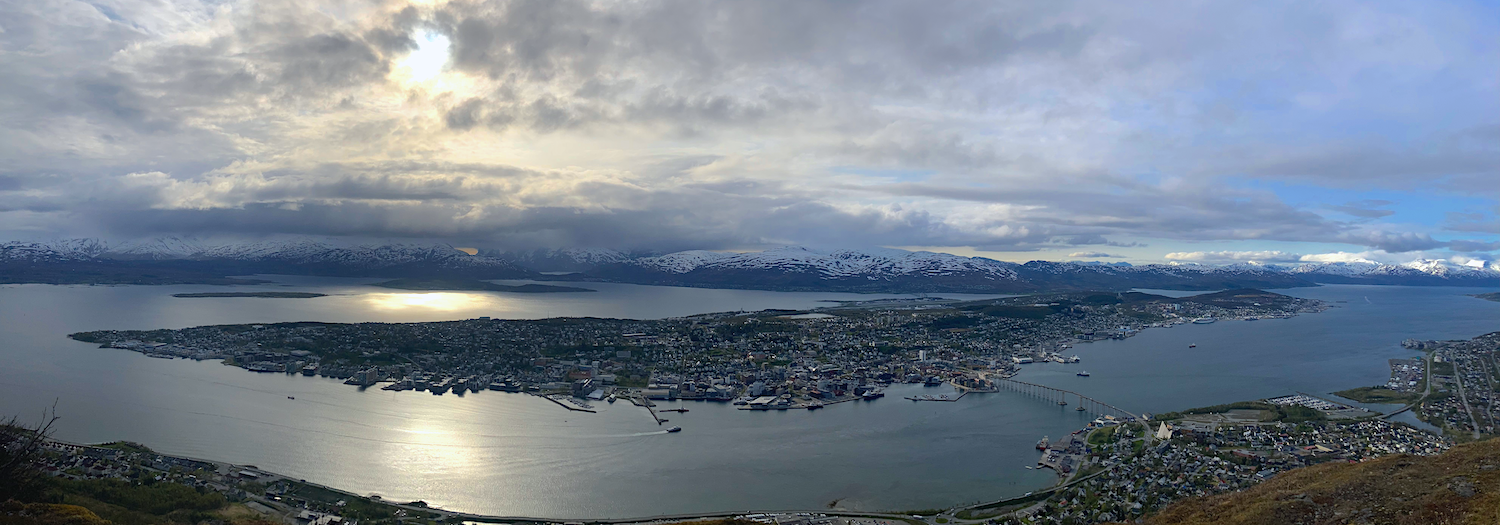![]() Current news: See you on Thursday!
Current news: See you on Thursday!
Call for Papers
Virtually all phonological theorising references phonological typology in some respect. For example, cross-linguistic tendencies are routinely invoked in support of claims about markedness and the constraint set. At the same time, there remain major divides in the field with respect to evidential and explanatory standards. Researchers often operate under distinct formal assumptions about levels of representation, the nature of phonological alternations, and the relationship between phonetics and phonology. A persistent question concerns how well a theory can accommodate only and all the attested patterns: formal accounts often face issues of over-generation or under-generation, and the nature of typological gaps remains elusive.
The workshop “Issues in Phonological Typology” seeks to bring together researchers whose work connects phonological theory and phonological typology across a broad range of theoretical, methodological, and empirical domains and approaches. We welcome contributions that:
- Develop explanatory accounts of typological patterns and gaps that are grounded in acquisition, historical change, or system-internal factors;
- Apply experimental methods such as Artificial Grammar Learning or other laboratory-phonological approaches to typological questions;
- Use novel sources of empirical data beyond traditional descriptive materials;
- Bridge formal and functional approaches;
- Address methodological challenges in establishing and interpreting generalisations across different types of empirical evidence.
We invite submissions for 30-minute oral presentations (followed by 10 minutes of discussion). Abstracts should be no longer than 500 words, including data, figures, and tables, but excluding references.
Please submit an anonymous PDF abstract to phontyptromso@gmail.com by 31 August 2025.
Important dates
| Workshop: | 27—28 November 2025 |
Programme and abstracts
Speakers
We are pleased to announce the following invited speakers:
| Joachim Kokkelmans | Free University of Bozen/Bolzano |
| Sara Finley | Pacific Lutheran University |
Location & travel
The workshop will take place in person in Tromsø, Norway, at UiT - The Arctic University of Norway, on the 27th and 28th of November, 2025. This will be at the Fakultet for Humaniora, Samfunnsvitenskap og Lærerutdanning, room E0103 (talks) and the mezzanine between B and D wing (posters) — there is a map in the programme.
Tromsø airport is 3–5km from the city centre, most hotels, and the university. The airport is connected to the center by bus lines 24, 26, 40, 42. (To find the buses at the airport, exit the terminal, go downstairs to the parking lot, walk towards the main street and cross the road.) Bus tickets can be purchased on the app Svipper (Android/iPhone), at ticket machines (there is one at the airport, although it might not work with all foreign bank cards), or on board the bus with cash only.
Taxi prices from the airport to most destinations in the city centre are around 200–300 NOK; there is a taxi stand at the airport, but you can also book a ride here with Tromsø Taxi, or use their app.
Buses 20, 33, 34 run to UiT (and several other options, depending on the time of day). Svipper will have up-to-date information, including live route tracking — Google Maps works, but is not as accurate.
There is a wide range of hotels in Tromsø. In the city centre, options include Scandic Ishavshotel, Radisson Blu, Clarion The Edge, Clarion Aurora, and Scandic Grand Tromsø. If budget is a serious consideration, then we recommend choosing a hotel a little further outside the centre: most areas are well-connected to the campus via public transport (including some in Tromsdalen/on the mainland, and on Kvaløya/the island that 'surrounds' Tromsø itself from the west).
MazeMap will direct you around the UiT campus, or you can ask a local.
Organisers
| Eirini Apostolopoulou | UiT |
| Jenna Conklin | UiT |
| Deepthi Gopal | Uppsala |
| Martin Krämer | UiT |
This workshop is supported by funding from UiT and C-LaBL.
